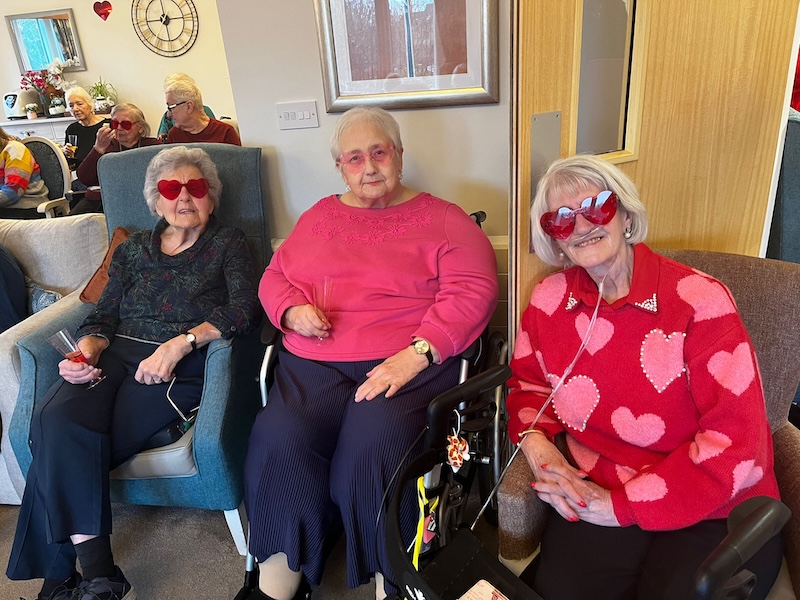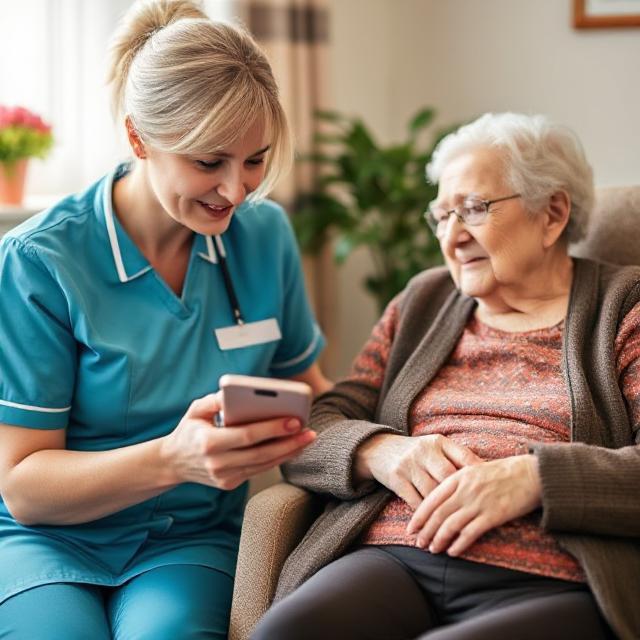Cold Weather Advice for Elderly People
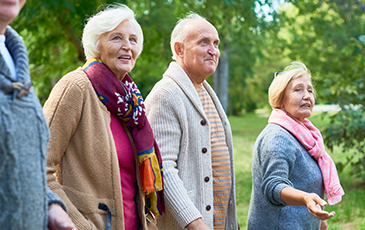
As the cold weather approaches, it brings with it risks that can lead to very serious health problems, such as heart attacks, strokes or pneumonia – especially if you have a long-term health condition or are aged 65 or over. From around the age of 55, it is suggested that we lose around 1% of our muscle mass every year, and it’s our muscle keeps us warm.
How does the cold effect the elderly?
- Reduced ability to control and regulate body temperature
- Those with conditions of chronic illness and multiple medications are more vulnerable to the cold
- Those with poor nutrition are more vulnerable to the cold
- The elderly are more likely to remain inactive at home
The winter can feel isolating at times, but rest assured there is support around us. Alongside friends, family and loved ones, you can also contact the following should you need additional support and advice:
1. Age UK Advice: 0800 169 65 65 / www.ageuk.org.uk
2. GOV.UK / www.gov.uk
3. NHS Website / www.nhs.uk
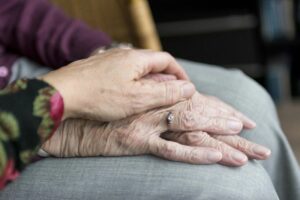
Our top cold weather advice to help look after yourself this winter:
Vaccinations
It’s crucial for older people to make sure they are up to date with their vaccinations during the winter due to how widespread germs and illnesses are throughout the colder months. The flu vaccine is available for free to those who are aged 65+. The NHS website also states, starting from mid-October 2022, those aged 50 years old or over can have a free NHS flu vaccine and these are able to be booked with your GP, pharmacy or in some cases, at the hospital.
Keep Moving
Small physical movement every hour can help with strength and mobility, even if it is just light activity. Light, regular physical movement is beneficial; examples of light activity include getting up to make a drink or a snack, cleaning or dusting, vacuuming, making the bed or taking a short leisurely walk around the house. Chair-based movement is also recommended if mobility is limited, such as the exercises shown in this video provided by the NHS.
Eat Nutritious Food & Stay Hydrated
The elderly are more prone to dehydration as they tend to eat and drink less compared to others. In general, people feel less thirsty during the winter and tend to not drink as much fluid as they do compared to warmer months, and therefore consume less. Eating nutritious food, coupled with regular water and fluid intake can help older people stay warm. Good nutrition provides the body with energy. It may also help to prevent some conditions, such as osteoporosis, high blood pressure, heart disease, type 2 diabetes, and certain cancers.
Stay Warm
Where possible, it is recommended to keep the heating on at approximately 18 degree celsius, at a continuous rate to ensure consistency of temperature. Other ways to keep the heat in include
1. Closing curtains to keep out any cold coming in through the windows
2. Blocking out draughts and installing thermostatic radiator valves
3. Wrapping up with a shawl or blanket around you/over your knees when sitting
4. Putting your feet up on a footstool when sitting as air is cooler at ground level
5. Adding ayers of clothing if you’re finding it difficult to stay warm in bed. Items such as thermal underwear, bed socks and even a hat will help
6. A hot water bottle can be used not only have ito have close to you but also to pre-heat a chair or bed ahead of using it.
Prevent Germ Spreading
As well as being up to date with vaccinations, there are some other easy measures we recommend taking to help reduce the spread of germs and illness, that can be very easily carried and spread. Thoroughly and regularly washing your hands with soap and water is one of the best and easiest ways to prevent germs spreading. We also recommend regularly using antibacterial hand gel.
Get a Vitamin D Boost
We all need vitamin D for healthy muscles, teeth and bones. Our bodies naturally create it from sunlight as well as from a small number of foods including fish, eggs, yoghurt and fortified cereals. However, in the winter months, people aged 65+ are at a higher risk of not getting enough vitamin D. Age UK state “it's recommended that over-65s take a supplement of vitamin D of 10 micrograms per day”. Talk to your local pharmacist about the recommended dose and how you can implement the vitamin in to your every day routine.
Be Aware of Chilblains
NHS Inform describes Chilblains as red, itchy swellings that occur as a reaction to cold temperature and are typically found on areas such as the toes, fingers, heels, ears and nose. Chilblains occur when the body is cold and warms up too hot, too quickly. If chilblains do not show signs of improvement after 2 weeks, then you should seek advice from a GP or pharmacist.
Dress Appropriately & Stay Safe When Outdoors
It is vital you stay warm when out and about during the winter months. When temperatures are low make sure to keep hands and face warm - as well as wearing gloves and a hat, you should also cover your mouth with a scarf, even when outside for short periods. Cold feet can also trigger a rise in blood pressure, so choose footwear with a warm lining, and/or wear thermal socks. When layering up, wearing several thin layers of clothing rather than one thick layer is more effective at keeping you warm as the layers trap warm air between them.
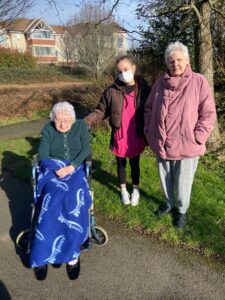
Support at Ridgeway Rise Care Home
Ridgeway Rise Care Home is here to support those who require help. Our wonderful team is on hand to provide expert advice and we welcome you to get in touch. Our warm and welcoming home provides access to an enriched quality of life where residents are able to live happy and healthy, free from the stresses of day-to-day life.
